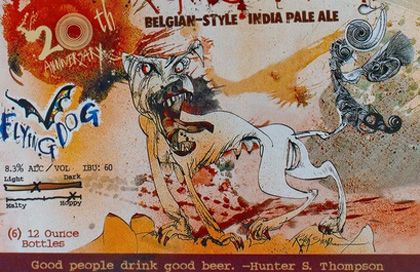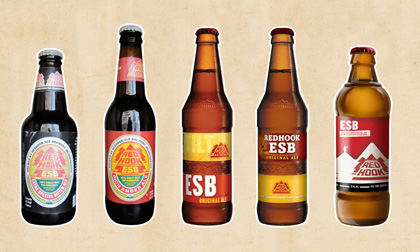Pierre Celis, the man credited with reviving the white beer style in Belgium and later fueling interest in Belgian “style” beers in the United States, has died in his home country at the age of 86.
Celis founded the Celis Brewery in Austin, Texas, in 1992 after selling the Hoegaarden Brewery to a larger brewing company that later became part of what is now Anhueser-Busch InBev. His Texas beers, starting with the signature Celis White, were an immediate success, as he introduced American drinkers to “Belgian flavors.”
In 1995 he sold a stake in the Celis Brewery to Miller Brewing, and his family sold the rest of the interest in 2000. Shortly thereafter Miller closed the brewery, selling the equipment and brand to Michigan Brewing. Michigan Brewing continues to make Celis White and other Celis brands, while Van Steenberge in Belgium has brewed Celis White for sale for distribution in dozens of other countries.
Celis returned to Belgium after selling the Texas brewery and remained involved in brewing. His projects included a cave-aged beer, called Grottenbier, made under contract at various Belgian breweries.
Celis was 40 years old and delivered milk for a living when he decided to found Brouwerij Celis in the town of Hoegaarden in 1966. The town once supported 38 breweries, but by the 1930s had only four and none after the Tomsin Brewery closed in 1957. According to Celis, eight years later while listening to others lament the loss of the brewery and the white beer style the region was once known for he started thinking about opening a brewery. His brewing resume included only a little time he spent helping Tomsin when he was younger.
Celis brewed his first batch of Oud Hoegaards Bier in 1966, and five years later was producing a modest 1,500 hectoliers (about 1,200 American 31-gallon barrels). His brewery continued to grow, notably after he changed the name to De Kluis — meaning “The Cloister,†and creating a valuable monastic connection in the mind of consumers — in 1978. By 1985 his brewery sold 75,000 hectoliters annually and employed thirty-eight workers. Although he brewed a variety of beers, the white was the most famous and soon imitated by breweries across Belgium and the Netherlands. Even Heineken followed suit with Wieckse Wit.
A fire gutted De Kluis in 1985, which was disastrous for Celis because he carried little insurance. He sold a majority stake in the company to brewing giant Artois to finance reconstruction, then expansion and growth resumed at an even quicker rate. By the time he retired in 1990, selling his remaining 40% to Artois, the brewery now called Hoegaarden produced 300,000 hectoliters (more than a quarter-million barrels) a year and was about to grow far bigger. Today brewing giant Anheuser-Busch InBev owns the brewery and production exceeds a million hectoliters annually.



 The Montana Brewers Association has requested that beer enthusiasts take action to support legislation shifting tap room hours at breweries.
The Montana Brewers Association has requested that beer enthusiasts take action to support legislation shifting tap room hours at breweries.